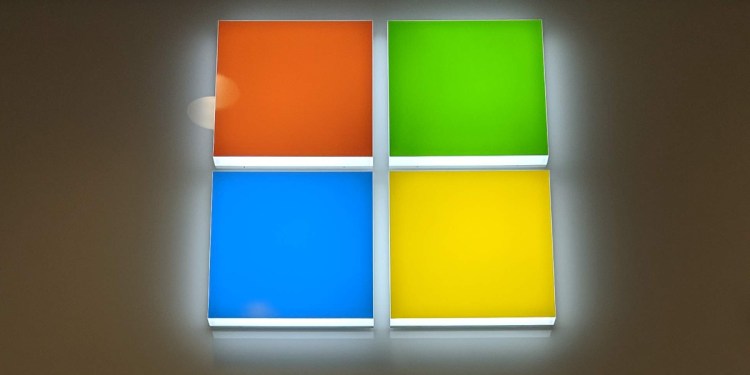Watch all the Transform 2020 sessions on-demand here.
In June 2017, Microsoft launched AI for Earth, a $50 million program that’s provided cloud-based tools and services to dozens of startups working to protect the planet. In the intervening years, the Seattle company expanded the scope of its “AI for good” work with AI for Accessibility (in May 2018) and AI for Humanitarian Action (in September 2018), both of which are a part of a $125 million, five-year commitment to teams tackling some of society’s biggest challenges.
Building on this momentum and burgeoning partner ecosystem, Microsoft today announced a $10 million fourth program pillar aimed at preserving and celebrating people, places, and historical artifacts: AI for Cultural Heritage.
“Our new … program will use artificial intelligence to work with nonprofits, universities, and governments around the world to help preserve the languages we speak, the places we live, and the artifacts we treasure,” wrote Microsoft president Brad Smith in a blog post. “As we have learned more about the dimensions that make up cultural heritage, we’ve concluded that preserving cultural heritage isn’t something that is solely nice to have or nice to do, it’s sometimes imperative to the well-being of the world’s societies.”
Through AI for Cultural Heritage, Microsoft says it’ll work “deeply” with organizations including the Nobel Foundation, with which it recently partnered to build an AI-enabled site that weaves together the biographies of women pioneers in science. The company says it’ll also support mixed reality experiences like that at Musée des Plans-Reliefs in Paris, which has visitors don HoloLens to view and explore a digital model of the historic Mont-Saint-Michel.
June 5th: The AI Audit in NYC
Join us next week in NYC to engage with top executive leaders, delving into strategies for auditing AI models to ensure fairness, optimal performance, and ethical compliance across diverse organizations. Secure your attendance for this exclusive invite-only event.
In another example of the sort of cultural education Microsoft intends to bolster with development resources, the company recently partnered with MIT and the Metropolitan Museum of Art on Gen Studio, a tool that leverages general adversarial networks (GANs) — two-part neural networks consisting of generators that produce samples and discriminators that attempt to distinguish between the generated samples and real-world samples — to enable users to explore dreamlike images created generated by AI.
“These projects have given us confidence that we can put AI to innovative uses that can help communities expand access to culture and explore new perspectives and connections through shared experiences,” added Smith. “We’ve realized that this work deserves more than a handful of projects. That’s why we’re bringing these efforts together in a more comprehensive program that will explore and pursue new opportunities with institutions around the world.”
Microsoft is not the only company setting aside money for organizations tackling some of the world’s biggest challenges with AI. In May, Google awarded $25 million in global impact grants — an extension of Google’s ongoing AI for Social Good program, which provides flood forecasting to communities in India and is researching how to provide speech recognition for more people with disabilities — to recipients including New York City’s fire department and scientists in Uganda tracking air quality with sensors attached to mopeds.


